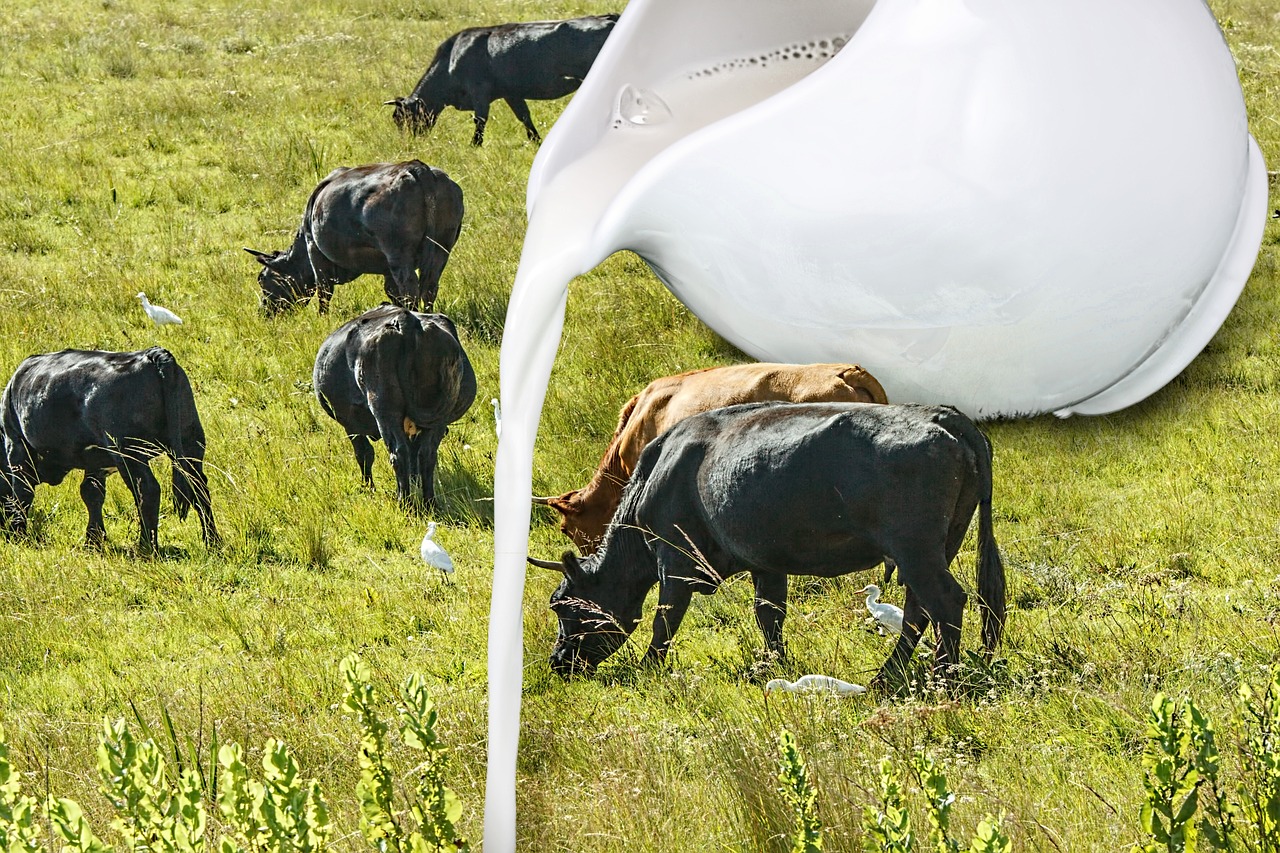Cow’s milk is a good source of numerous vital nutrients, including calcium, vitamin D, protein, and potassium.
The 2020-2025 Dietary Guidelines for Americans recommend that adults get 1,000 milligrams of calcium and 15 micrograms of vitamin D per day. Cow’s milk is a good source of these nutrients, providing about 300 milligrams of calcium and 10 micrograms of vitamin D per cup.
However, plant-based milk has gained popularity in recent years as a popular alternative
The plant-based milk industry is experiencing a remarkable surge with several plant-based milk alternatives available, such as soy milk, almond milk, and oat milk. Last year, market research company Mintel announced that nearly a quarter of UK adults believe plant-based milk is better for them than that from cows.
But, do plant-based products provide the same nutrition as cow’s milk?
Scientists at the University of Minnesota compared cow’s milk with 233 plant-based milk products, from 23 different manufacturers.
Researchers discovered that only 28 beverages matched or exceeded cow’s milk in protein, vitamin D, and calcium content. Approximately half of these beverages were fortified with vitamin D, while two-thirds were enriched with calcium. Interestingly, some milk varieties tested contained no protein at all. Moreover, only 16 percent of the samples had a protein level equal to or higher than the eight grams typically found in cow’s milk.
Researchers emphasize the need to inform consumers that numerous plant-based milk alternatives are not nutritionally comparable to cow’s milk. They propose labeling regulations and public dietary guidance as potential strategies to raise awareness and educate consumers on this.







